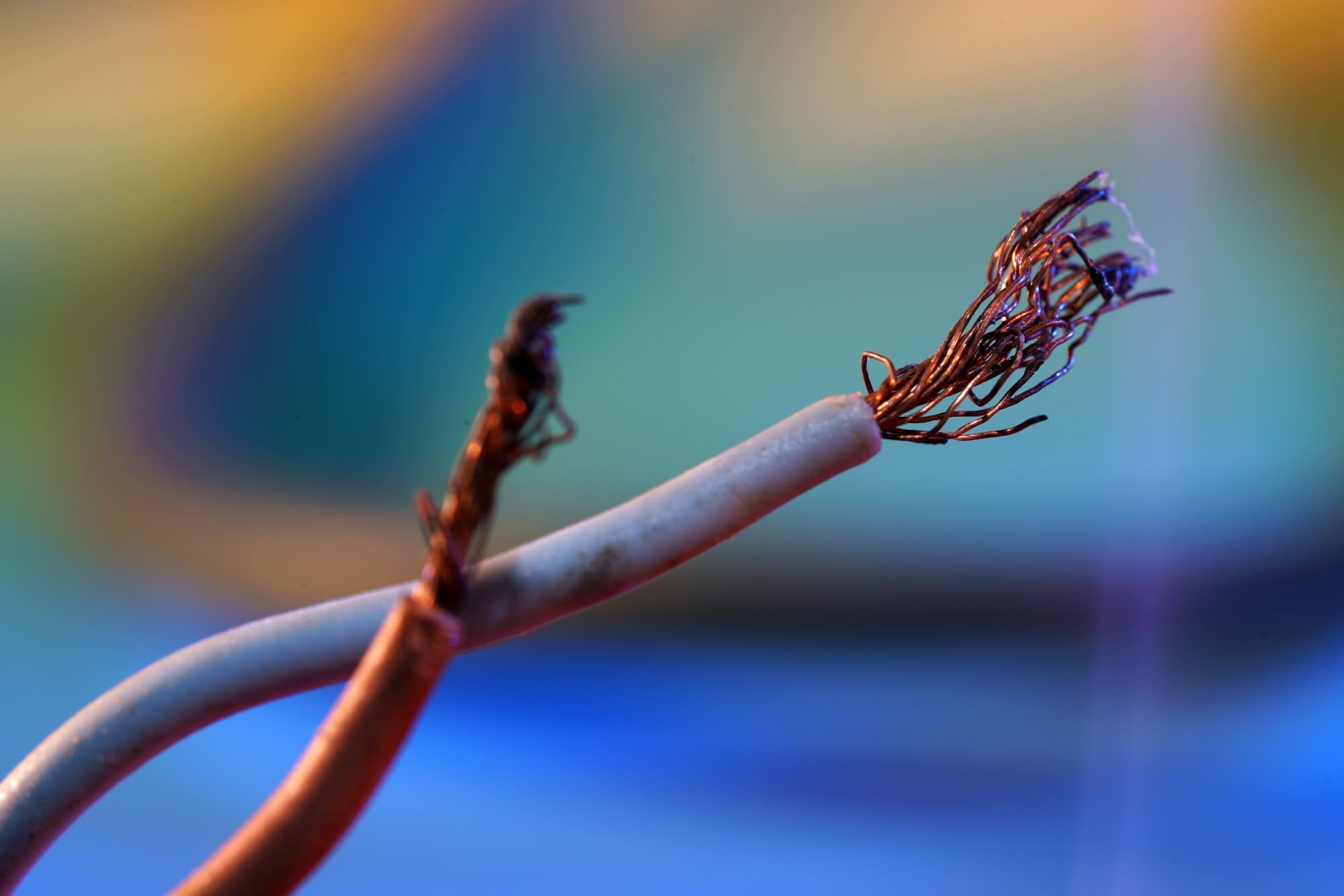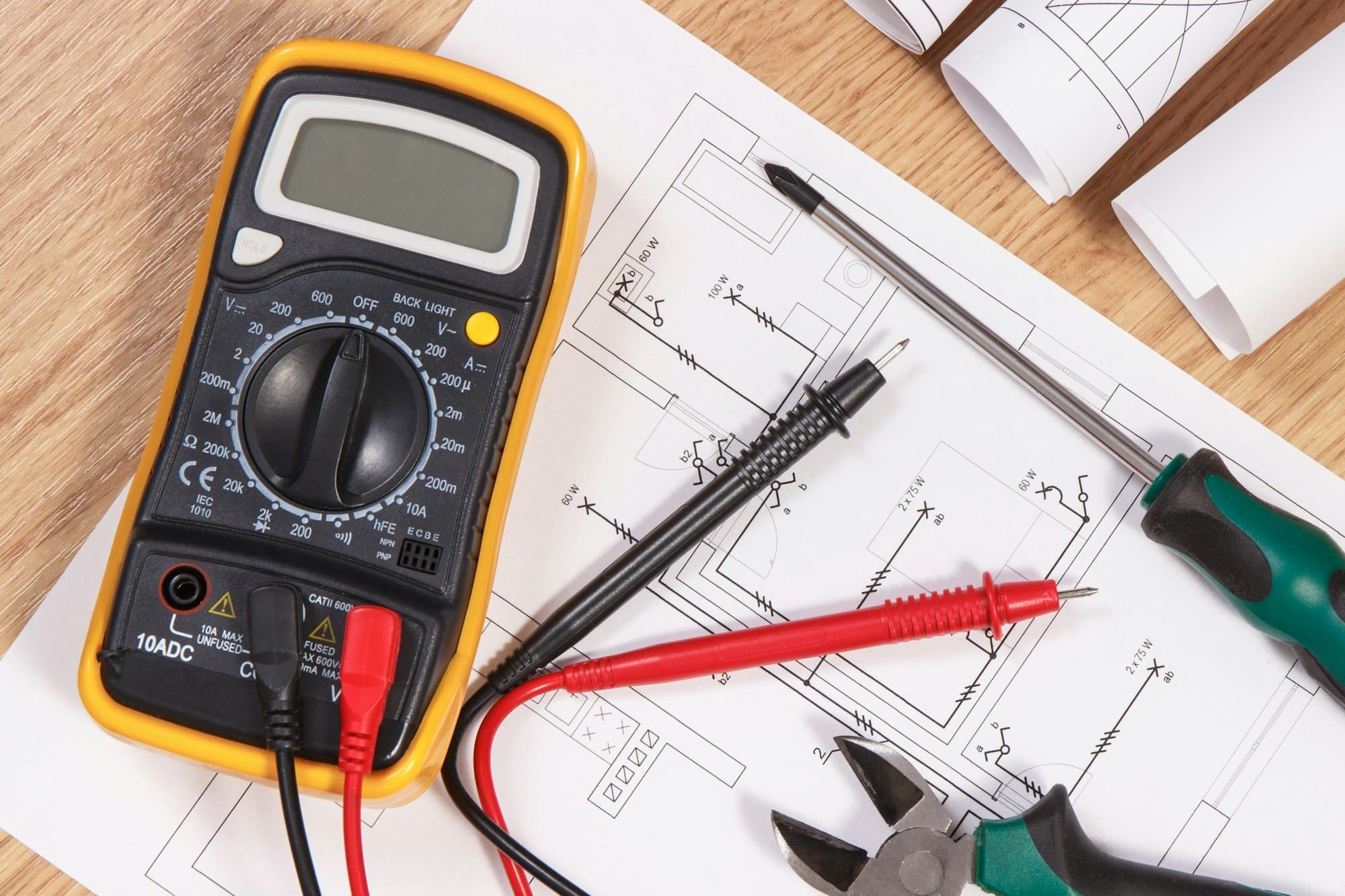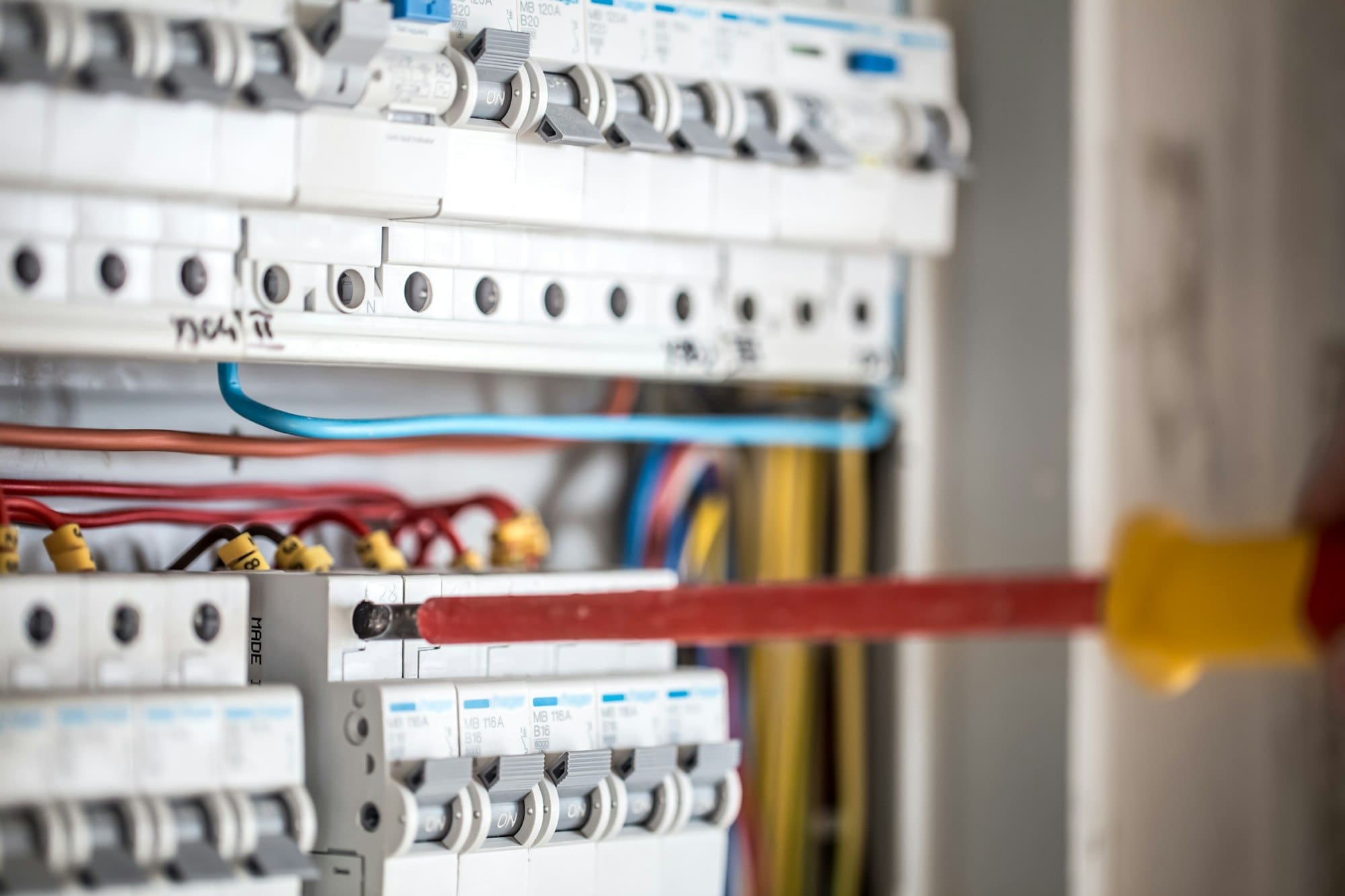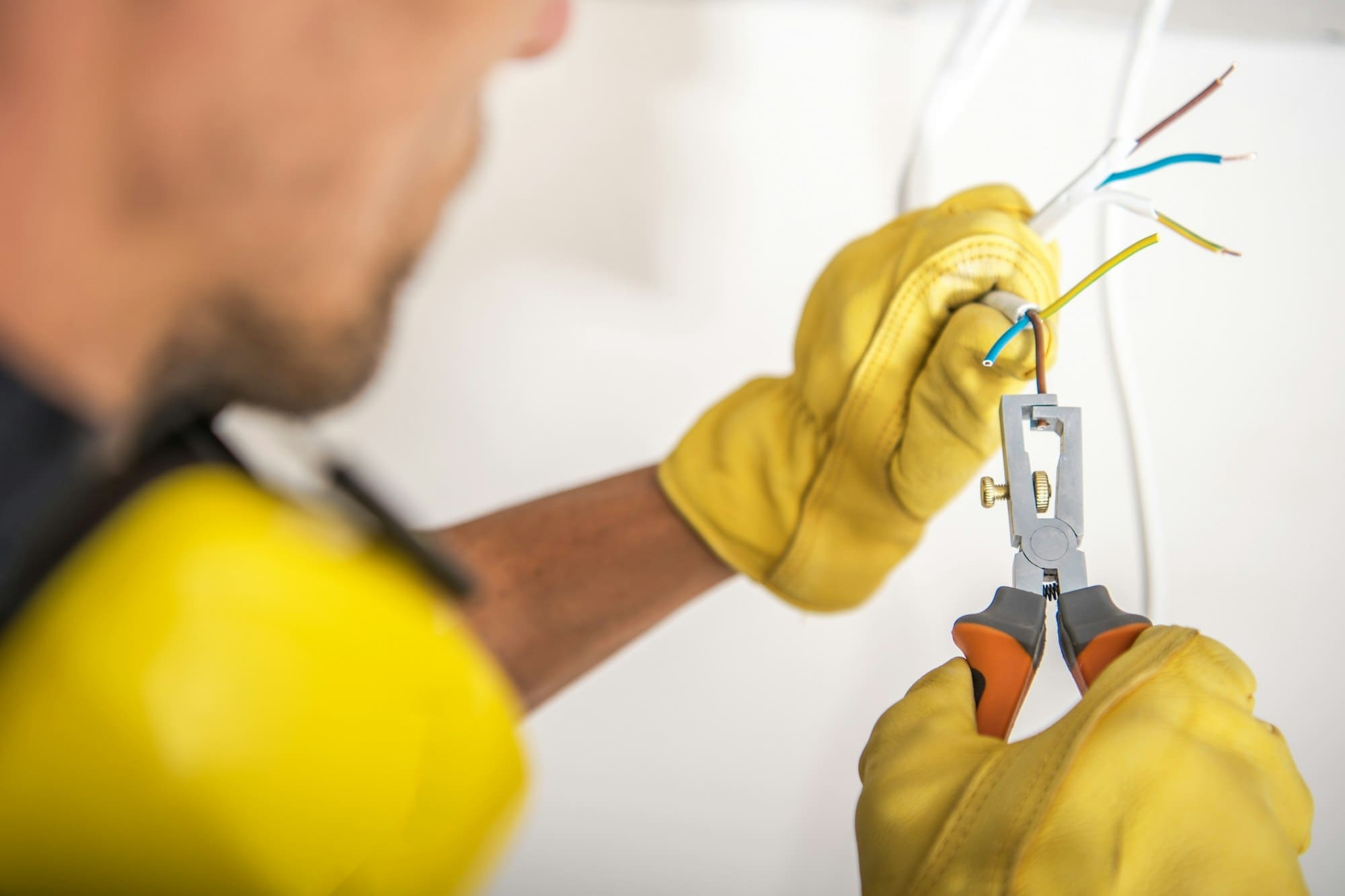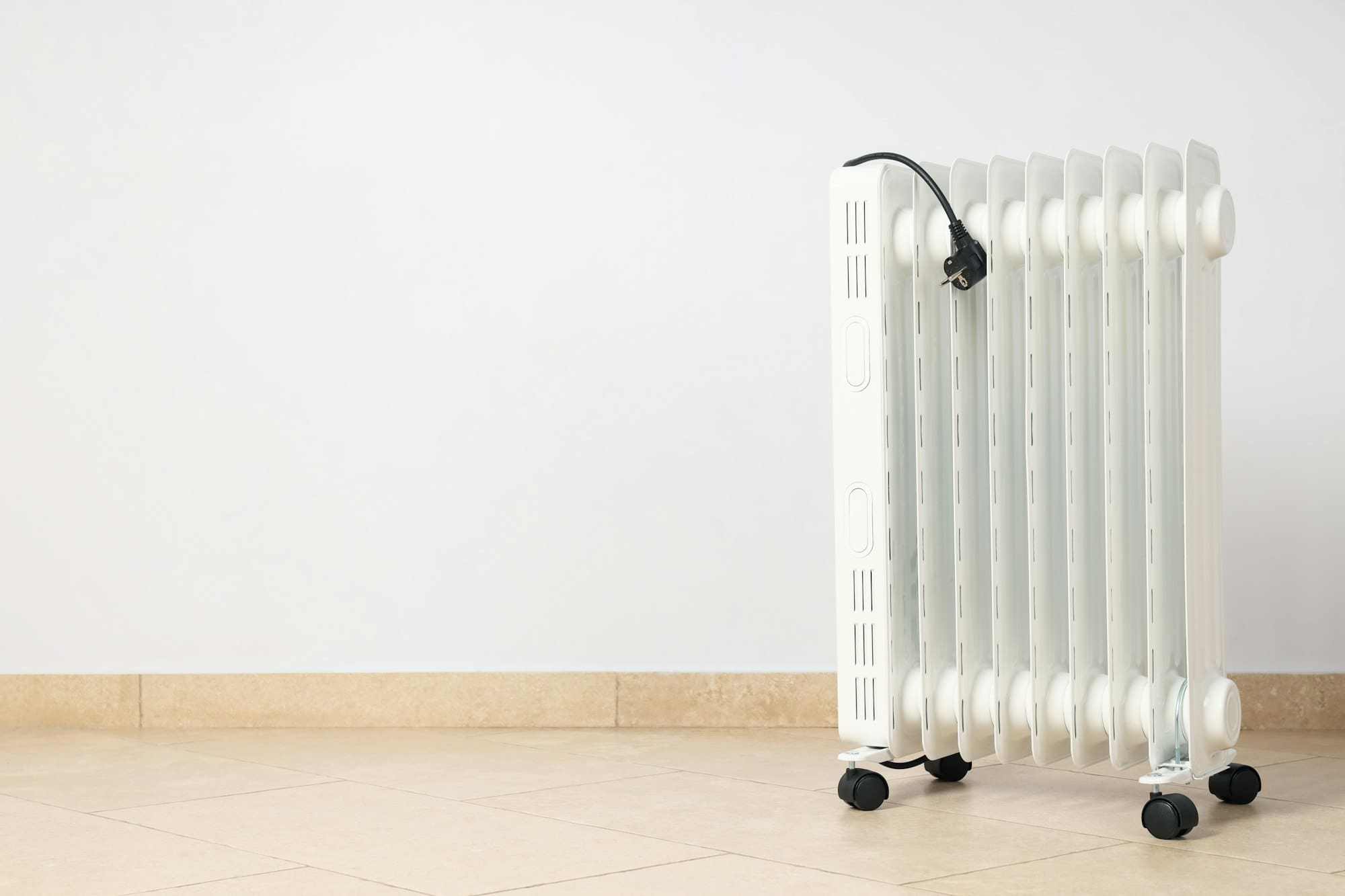Understanding Circuit Breaker Tripping
A circuit breaker acts as a safety device in your electrical system, designed to protect your home from electrical overloads and short circuits. When it detects an excessive flow of electricity, it “trips” or shuts off the circuit to prevent damage or electrical fires.
What Causes a Circuit Breaker to Trip? Several reasons could lead to your circuit breaker tripping, including overloaded circuits, short circuits, or ground faults.
How Does Overloading a Circuit Lead to Tripping? Overloading occurs when you connect too many appliances or devices to a single circuit, causing it to draw more current than it can handle, leading the circuit breaker to trip to prevent a fire.
Why Does a Short Circuit Trigger a Breaker Trip? A short circuit happens when a hot wire comes in contact with a neutral wire, creating a low-resistance path for electricity to flow. This sudden surge in current can trip the circuit breaker.
When Should You Call a Professional Electrician? If you notice any signs of electrical issues such as flickering lights, hot outlets, or burning smells, it’s crucial to contact a licensed electrician immediately to avoid any potential hazards.
Identifying Specific Issues
How to Troubleshoot a Ground Fault Circuit? A ground fault circuit interrupter (GFCI) protects you from electrical shocks caused by ground faults and can be tested and reset easily if it trips.
What Are the Signs of an Overloaded Circuit? Common signs of an overloaded circuit include dimming lights, frequently tripping breakers, or warm outlets, indicating that the circuit is drawing more current than it can safely handle.
When Should You Call a Professional Electrician? If you’re unable to troubleshoot the issue, or if the problem persists even after resetting the circuit breaker, it’s advisable to seek help from a licensed electrician for a thorough inspection and repair.
Fixing Your Tripping Circuit Breaker
Steps to Reset a Tripped Circuit Breaker. To reset a tripped circuit breaker, locate the breaker panel, identify the tripped breaker, switch it to the “off” position, and then back “on” to reset it.
Why Unplugging Appliances Can Help Prevent Tripping. Unplugging appliances when they are not in use can help balance the electricity load on a circuit and prevent overloads that can cause the circuit breaker to trip frequently.
Is a Ground Fault Circuit Interrupter Necessary? Installing GFCIs in areas prone to water exposure like kitchens, bathrooms, and outdoor outlets is essential to prevent electrical shocks and reduce the risk of ground fault surges.
If you need help with your electrical, you can rely on Coffin Electric.

